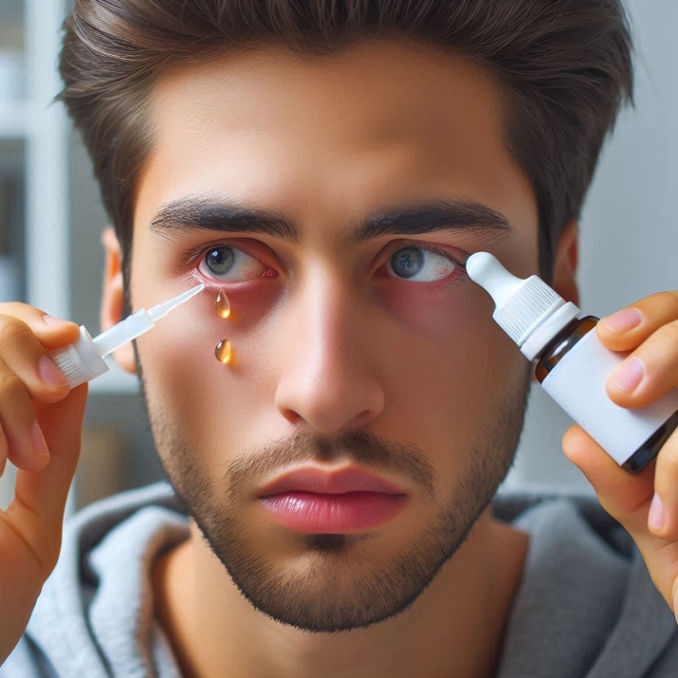
LASIK operation has the potential to be a transforming experience that gives better vision and an opportunity to reduce reliance on corrective lenses. Nonetheless, successful recovery involves more than just surgery. Effective post-operative treatment of LASIK outcomes is needed, including medication, for maximum results.
Here are some of the core medicines commonly used after this LASIK procedure:
Antibiotic Eye Drops
Antibiotic eye drops are given to prevent infections in the corneal flap that is made during Lasik surgery. These drops help to eliminate any bacteria which could hinder healing process. Some of the associated antibiotics include Ofloxacin and Ciprofloxacin, as well as others.
Typically, these drops are used several times per day for one week post-surgery.
Anti-Inflammatory Eye Drops
Crucially, anti-inflammatory eye drops are necessary in order to handle inflammation and discomforts related to it as a result of Lasik surgery. Frequent prescriptions include steroid-based ophthalmic solutions like Prednisolone or Dexamethasone that reduce swelling while relieving pain or irritation, respectively.
It is important to strictly adhere to the prescribed dosage so as to avoid side effects from prolonged use.
Artificial Tears
After Lasik, dryness and irritation can occur, making artificial tears an integral part of the recovery process. These lubricating droplets maintain moisture in the eyes and provide relief from the dryness experienced by patients after LASIK treatment or operation.
Systane or Refresh brands have various formulations that can suit these post-LASIK needs. Frequently, using artificial tears improves comfort levels while enhancing healing.
Pain Relievers
In cases of mild discomfort or headaches after surgery, they may be treated with over-the-counter analgesics such as acetaminophen or ibuprofen, which work quickly to eliminate general discomfort without interfering with healing mechanisms.
Antibiotic Ointments
Besides the eye drops, there are cases where antibiotic ointment may be applied instead. Erythromycin or bacitracin ointments can be used as an example since they prevent infection and promote healing where eye drops are not enough.
ALSO READ: The Role of Fitspresso in Supporting Sustainable Weight Loss Goals
Anti-Glare Medications
In certain cases, antireflective drugs or particular drops are prescribed to patients who frequently experience glare or halos in their vision. These medicines help with visual clarity and ease during the healing process of the eyes.
Nutritional Supplements
Though not exactly medications, omega-3 fatty acids, which are found in dietary supplements, support good eye health and reduce inflammation. This kind of supplement can improve overall comfort during recovery.
Anti-Allergy Drops
Anti-allergy eye drops may have to be administered to individuals who may have reacted allergically before so that they do not affect the healing process. The drops containing ketotifen or olopatadine can address itching and redness, among other symptoms.
Vitamin A Supplements
Vitamin A helps make corneas healthy again if they were damaged by lasers. As a result, doctors often recommend taking such supplements during rehabilitation period.
Hydrogel Bandage Contact Lenses
In some cases, hydrogel bandage contact lens is worn to protect the cornea temporarily while it heals after Lasik surgery. Such lenses placed over eyes act as protection against antiglaucoma medications until they start working.
Conclusion
For one to get good results from the LASIK procedure, there is a need for the correct use of these drugs and close follow-up visits with their ophthalmologist for smooth outcomes.